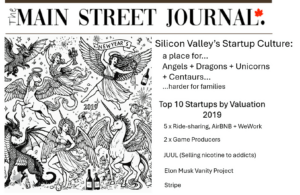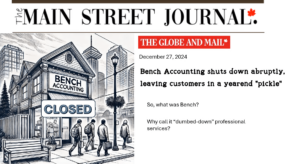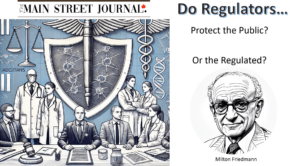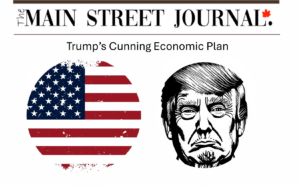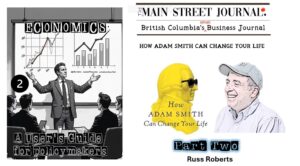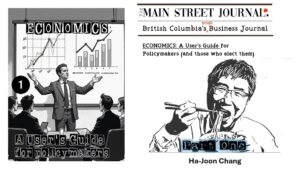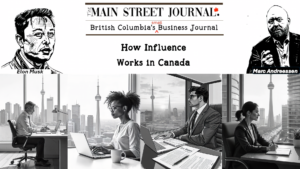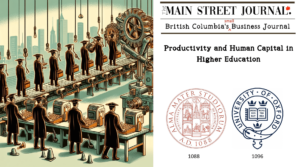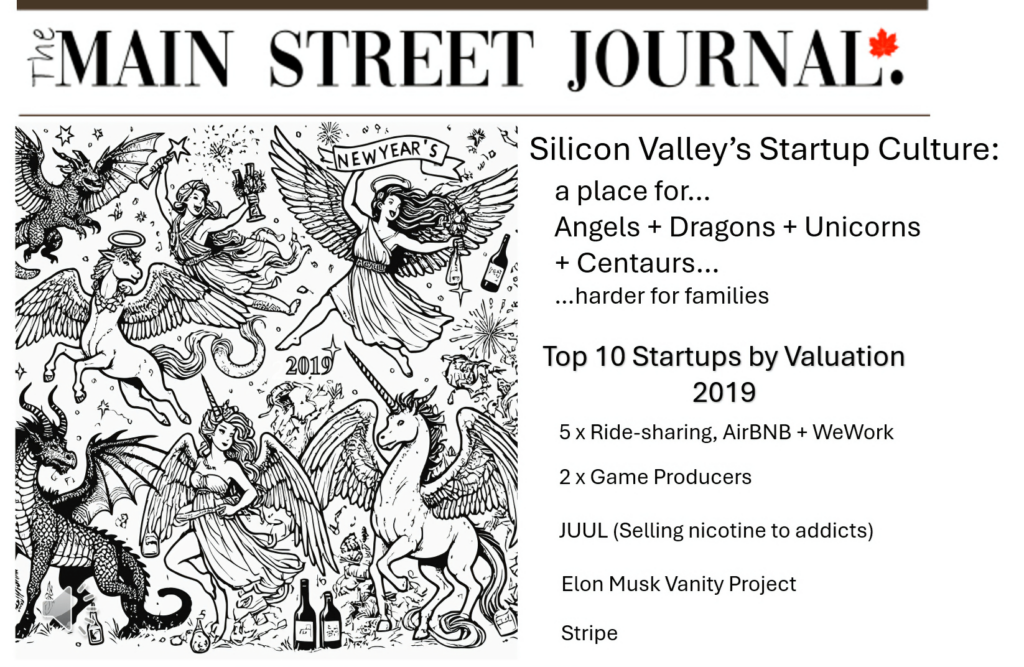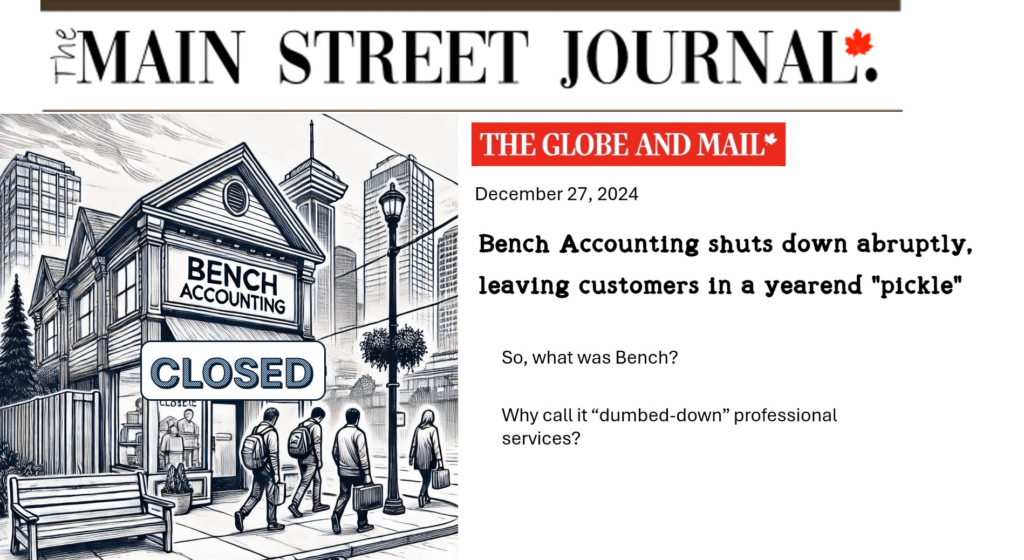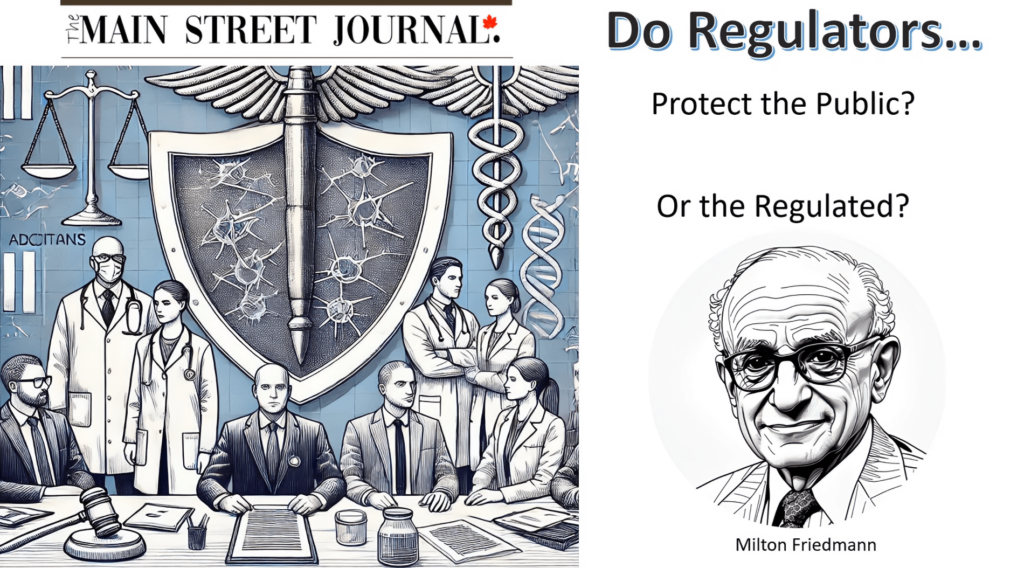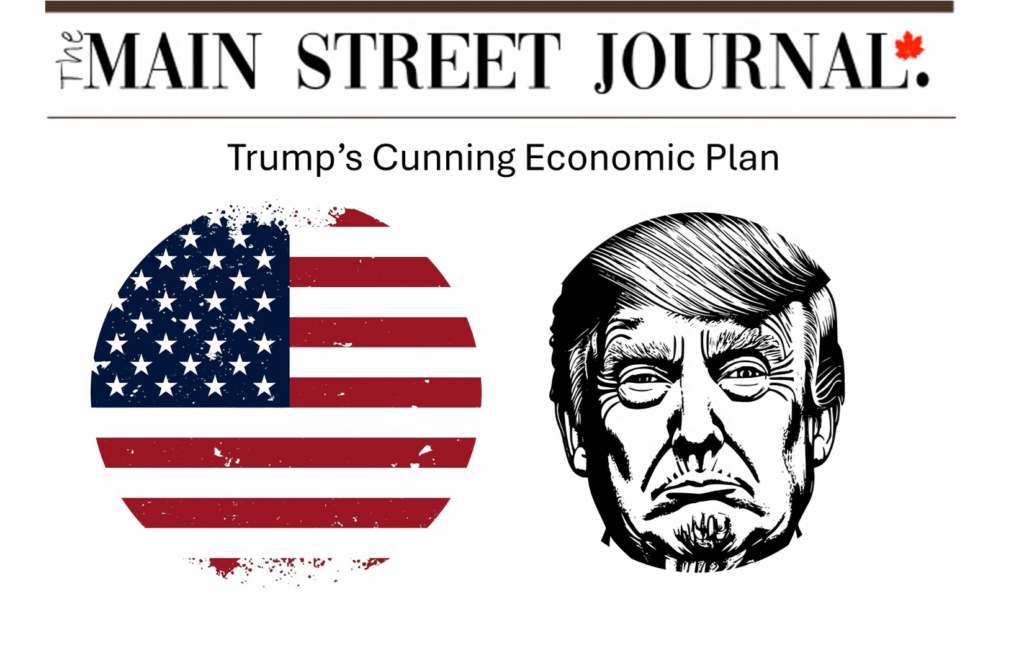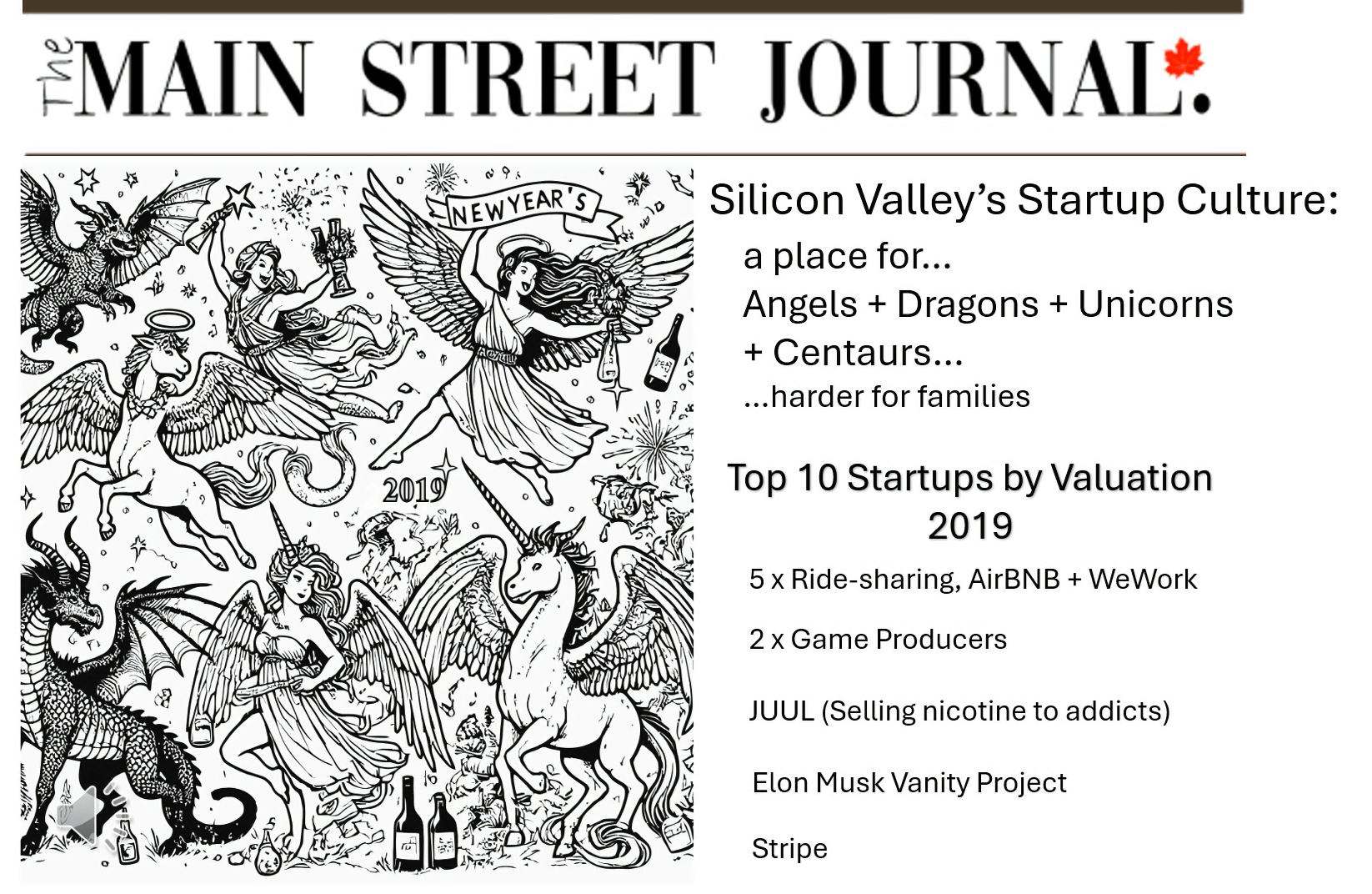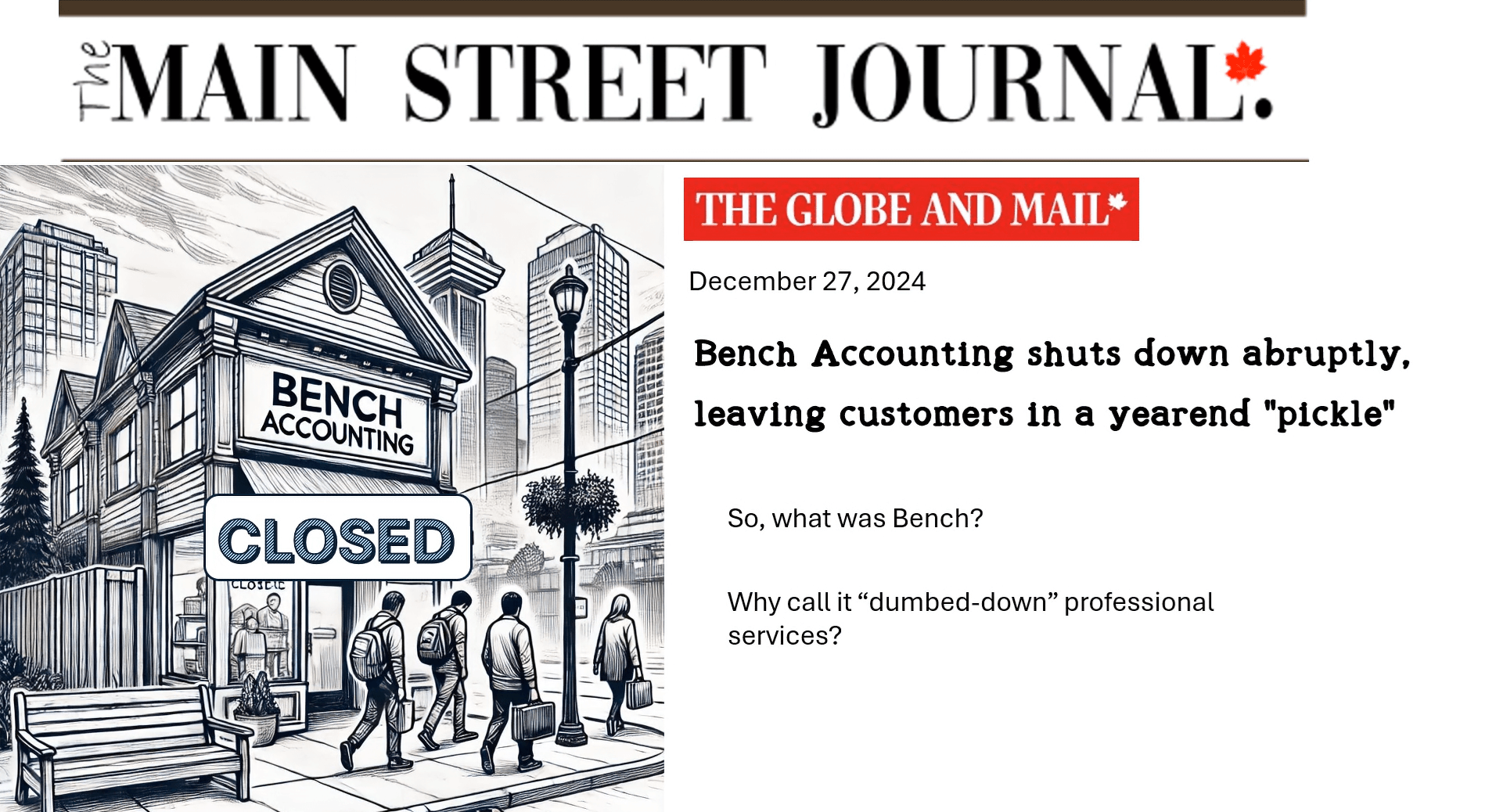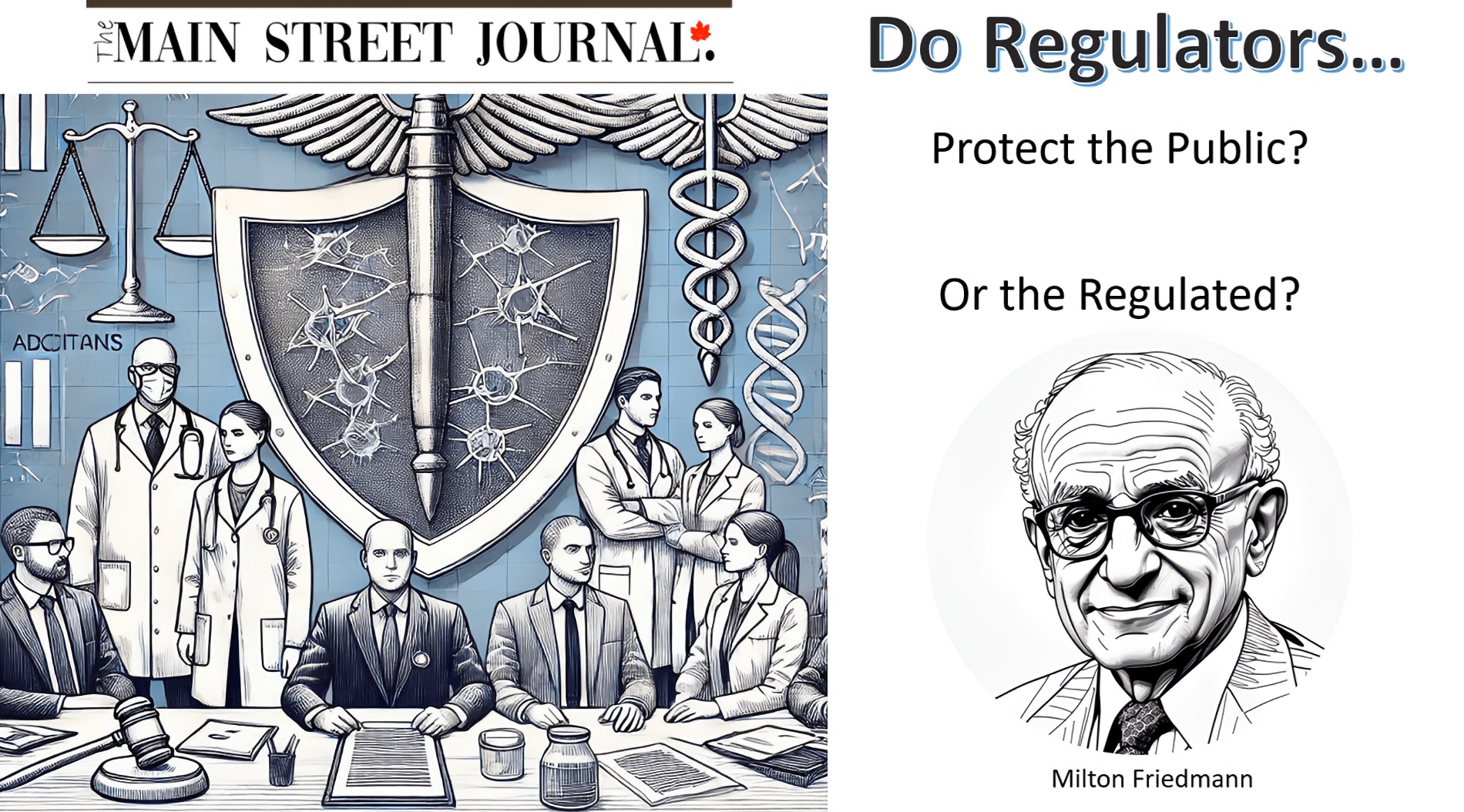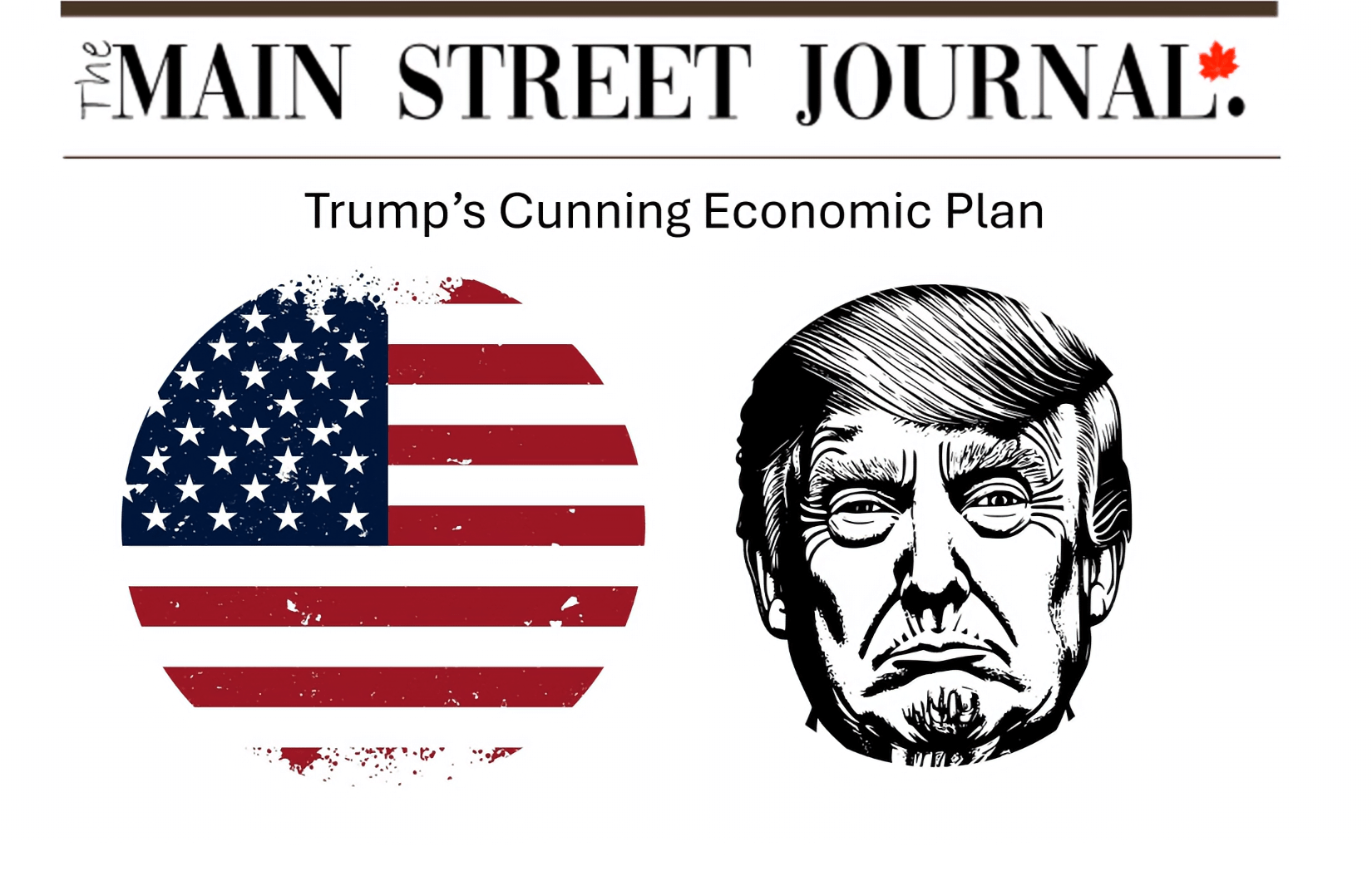The late Milton Friedman is arguably the high priest of ‘libertarian economics’ – which is also called ‘neo-liberal economics’ – or more commonly ‘neoclassical economics’. In the latter half of the twentieth century, Friedman’s influence has been massive and it continues today. My own library of audiobooks contains 2 of his titles: First, Capitalism and Freedom, Fortieth Anniversary Edition:
…….. “How can we benefit from the promise of government while avoiding the threat it poses to individual freedom? In this classic book, Milton Friedman provides the definitive statement of his immensely influential economic philosophy – one in which competitive capitalism serves as both a device for achieving economic freedom and a necessary condition for political freedom. The result is an accessible text that has sold well over half a million copies in English, has been translated into 18 languages, and shows every sign of becoming more and more influential as time goes on.” ……..
WATCH VIDEO:
Related Content:
Milton Friedman – Why Government Is the Problem
The major social problems of the United States—deteriorating education, lawlessness and crime, homelessness, the collapse of family
values, the crisis in medical care—have been produced by wellintended actions of government. That is easy to document. The difficult task is understanding why government is the problem. The
power of special interests arising from the concentrated benefits of most government actions and their dispersed costs is only part of the answer. A more fundamental part is the difference between the
self-interest of individuals when they are engaged in the private sector and the self-interest of the same individuals when they are engaged in the government sector. The result is a government system
that is no longer controlled by “we, the people.” Instead of Lincoln’s government “of the people, by the people, and for the people,” we now have a government “of the people, by the bureaucrats, for the
bureaucrats,” including the elected representatives who have become bureaucrats. At the moment, term limits appear to be the reform that promises to be most effective in curbing Leviathan.
Learn More: Click Here

